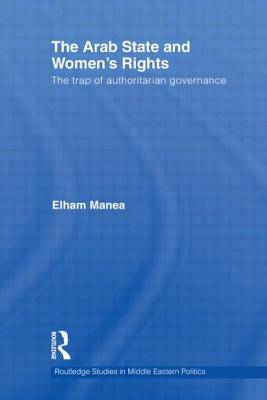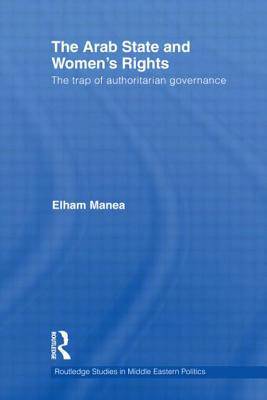
- Retrait gratuit dans votre magasin Club
- 7.000.000 titres dans notre catalogue
- Payer en toute sécurité
- Toujours un magasin près de chez vous
- Retrait gratuit dans votre magasin Club
- 7.000.0000 titres dans notre catalogue
- Payer en toute sécurité
- Toujours un magasin près de chez vous
Description
Researchers studying gender politics in Arab societies have been puzzled by a phenomenon common in many Arab states - while women are granted suffrage rights, they are often discriminated against by the state in their private lives.
This book addresses this phenomenon, maintaining that the Arab state functions according to a certain 'logic' and 'patterns' which have direct consequences on its gender policies, in both the public and private spheres. Using the features of the Arab Authoritarian state as a basis for a theoretical framework of analysis, the author draws on detailed fieldwork and first-hand interviews to study women's rights in three countries - Yemen, Syria, and Kuwait. She argues that the puzzle may be resolved once we focus on the features of the Arab state, and its stage of development.
Offering a new approach to the study of gender and politics in Arab states, this book will be of great interest to scholars and students of gender studies, international politics and Middle East studies.
Spécifications
Parties prenantes
- Auteur(s) :
- Editeur:
Contenu
- Nombre de pages :
- 256
- Langue:
- Anglais
- Collection :
Caractéristiques
- EAN:
- 9781138789234
- Date de parution :
- 10-03-14
- Format:
- Livre broché
- Format numérique:
- Trade paperback (VS)
- Dimensions :
- 157 mm x 231 mm
- Poids :
- 358 g

Les avis
Nous publions uniquement les avis qui respectent les conditions requises. Consultez nos conditions pour les avis.






